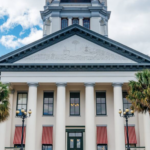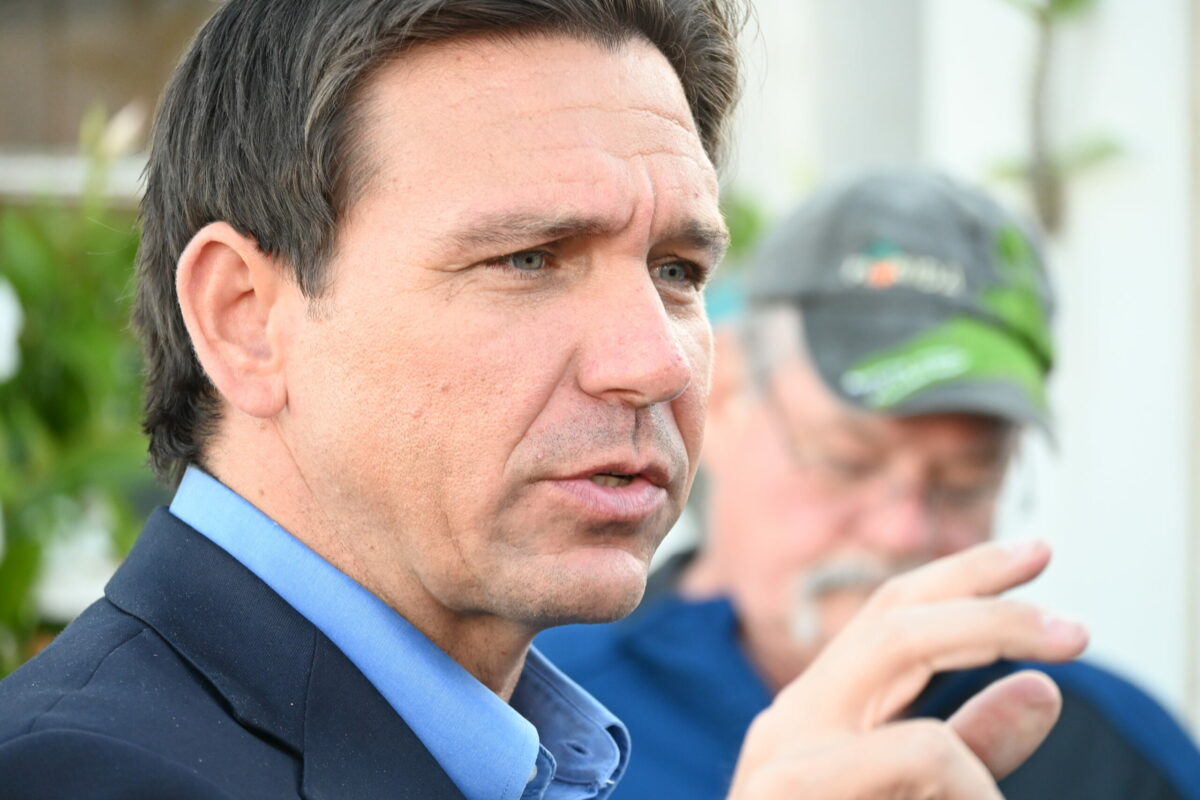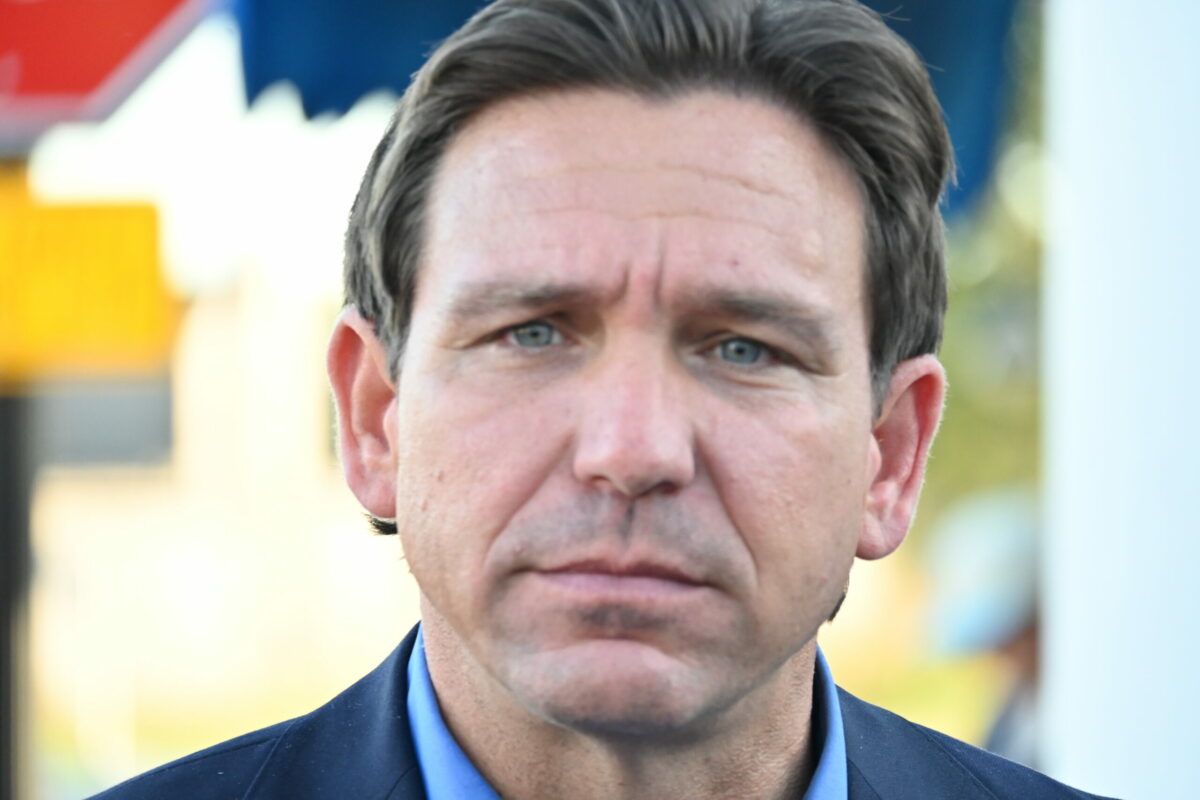Fresh off of a court victory, Gov. Ron DeSantis has resumed his campaign against a Florida abortion amendment after a brief political pause due to Hurricane Helene.
This time, he's raising alarms about "taxpayer-funded" abortions.
Gov. DeSantis took to social media Tuesday evening to warn Floridians that the ballot initiative, called Amendment 4, will lead to statewide "taxpayer-funded abortion-on-demand." This is his first public statement on the Amendment since the destructive Category 4 Helene rocked the Big Bend, and comes hours after a Leon Circuit Court Judge chose not to remove a controversial state health website bashing the Amendment.
DeSantis responded to a new 30-second ad bankrolled by the Republican Party of Florida advocating against Amendment 4—pointing out that two years after Michigan approved a similar amendment, pro-abortion advocates filed a lawsuit to overturn the state's ban on taxpayer-funded abortions.
Because the ACLU, an activist group, helped draft both Amendments, the ad claims the "same thing will happen in Florida."
"The ACLU wrote and bankrolled a sweeping abortion amendment in Michigan. Now, the same lawyers are suing to force taxpayers to fund abortions," DeSantis posted on X. "Amendment 4 is a Trojan horse that mandates abortion until birth for virtually any reason—if it passes, taxpayers may be forced to fund it.
"Vote No on Amendment 4 to stop taxpayer-funded abortion-on-demand."
The conversation surrounding taxpayer-funded abortions has been a cloudy one further muddled by Roe v. Wade's overturning in 2022, which turned abortion laws over to the states. The Hyde Amendment, a decades-old budget provision, banned federal funding going toward abortions except in the case of rape, incest, or threat to the woman's life. In the case of Medicaid, a federal-state partnership for low-income patients, Florida does provide coverage for women on Medicaid seeking an abortion in rape, incest, or life-threatening circumstances.
In 2012, a ballot measure attempting to ban public funds being used for abortions failed with less than 45% of the vote. However, that proposed amendment wouldn't have changed current law whatsoever because it didn't apply to women seeking abortions in the case of rape, incest, or life-threatening circumstances.
Jason Weida, the Secretary of the Agency for Health Care Administration, greenlit a controversial website and ad on the state-sponsored page last month, prompting immediate backlash and three separate court cases to be filed against Weida and the DeSantis administration. One of those cases, brought by the Florida ACLU, demanded the Leon Circuit Court strike down the website for allegedly campaigning with taxpayer funds.
Judge Jonathan Sjostrom on Tuesday said no, explaining that the court would not meddle in a referendum set to be voted on by the people.
Two other cases filed by a Lake Worth attorney and the Florida Democratic Party are still pending.
If Amendment 4 passes by a 60% vote in November, it will protect abortion access until "fetal viability"—around 24 weeks—and overturn the state's six-week abortion ban. This DeSantis priority bill drew the left's ire, prompting advocacy groups to draft the amendment soon after its 2023 passage.
A strong opponent to the Amendment, DeSantis and his allies have pulled out all the stops to shoot down the initiative, including challenging its language to the state Supreme Court asking that it not be put on the ballot in the first place. The Court in April disagreed, and the Governor has campaigned against it ever since.












